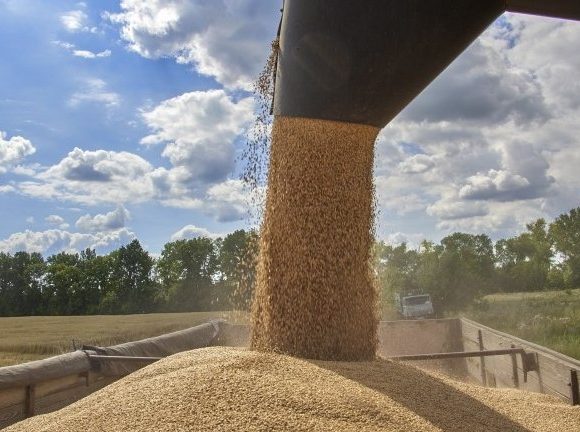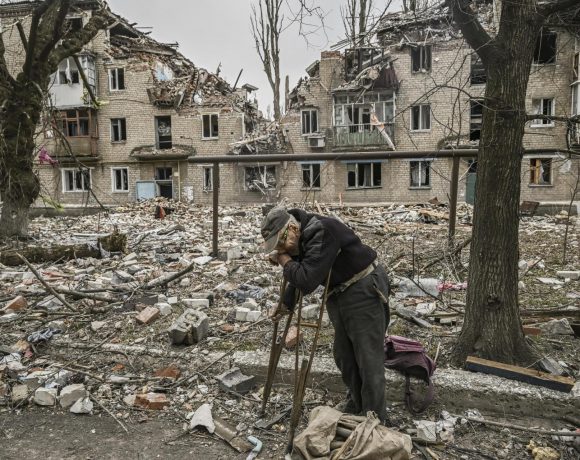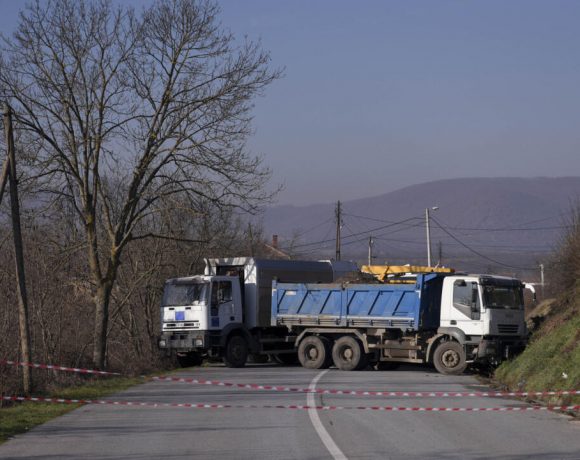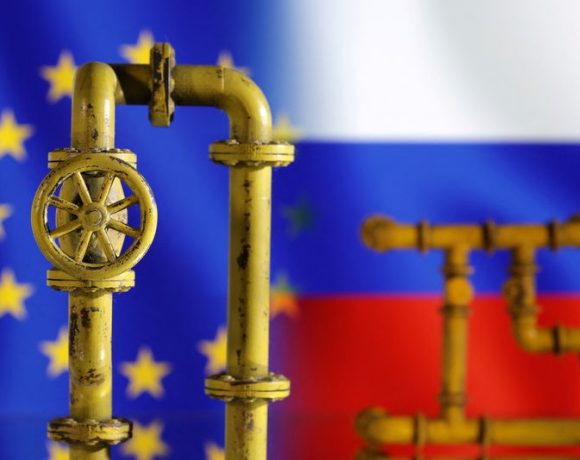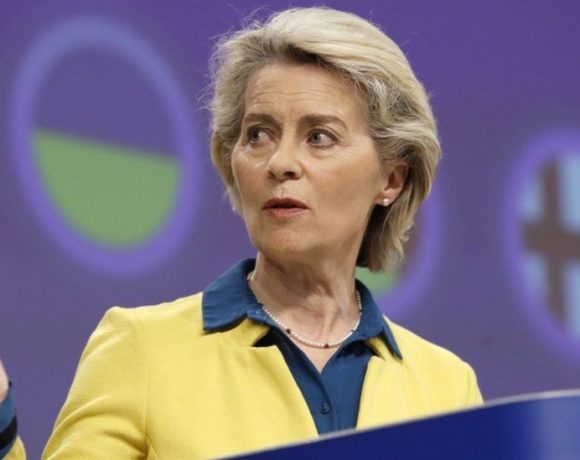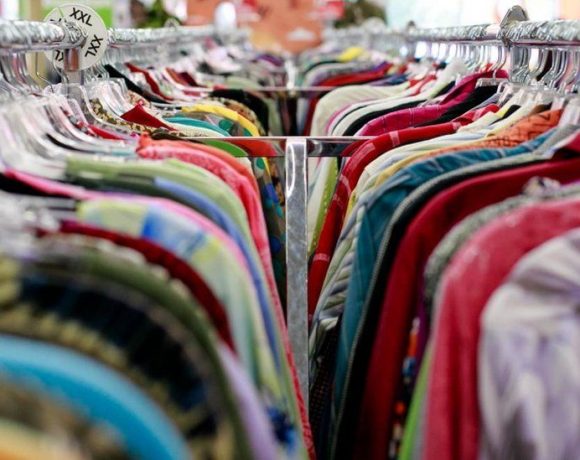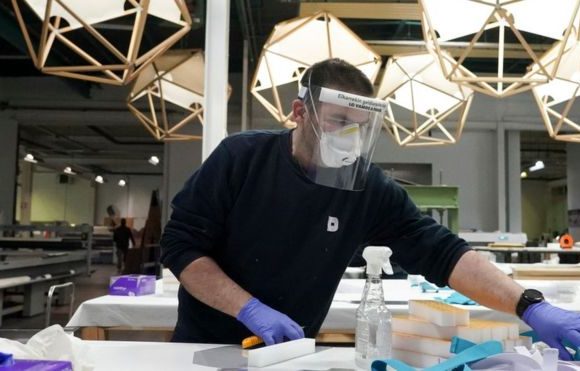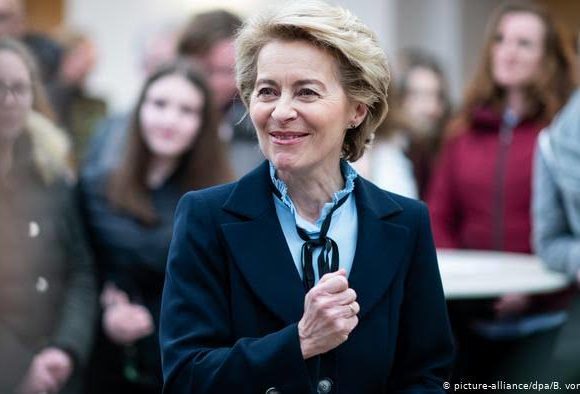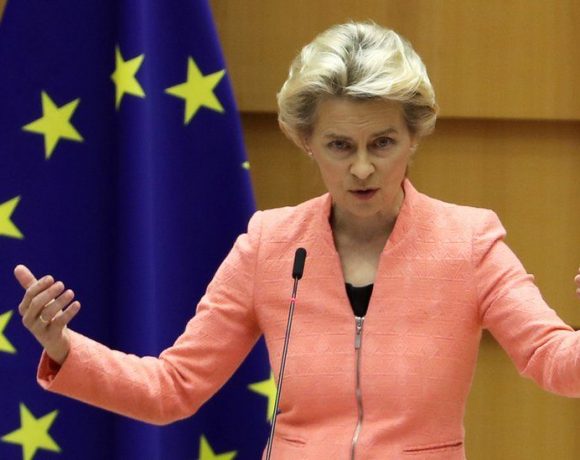
For years, the European Union (EU) has faced criticism for lacking a single voice on the world stage. However, many in Brussels now see Ursula von der Leyen, the first female President of the European Commission, as someone who can fill that role. Von der Leyen has been involved in various high-profile meetings, such as visiting Kyiv and attending an EU summit with Ukraine’s president, meeting Joe Biden at the White House to address tensions over green subsidies, and joining French President Emmanuel Macron to meet Chinese President Xi Jinping amid deteriorating EU-China relations.
During her tenure as the head of the European Commission, which shapes and enforces policies for 450 million Europeans, von der Leyen has faced significant challenges. She took office in 2019 with a focus on addressing the climate emergency but soon had to deal with the COVID-19 pandemic and the conflict in Ukraine, which marked the largest war on European soil since World War II. Despite these crises, von der Leyen has been praised for her leadership, with one EU official noting that the EU now has a central command and a leader for crisis management.
Von der Leyen follows a disciplined routine, starting her day early and living in her office at the Berlaymont, the commission’s headquarters, to avoid traffic. Her living space is a modest room on the 13th floor, originally designed as a restroom, for which she pays €18,000 in rent deducted from her salary and housing allowance. Known for her work ethic, the 64-year-old former medical doctor spends much of her time at her desk and avoids social events. She leads a frugal lifestyle, abstaining from alcohol and maintaining a vegetarian diet.
Von der Leyen rarely gives interviews and prefers to deliver carefully scripted video messages in English, French, and German. She is known for her punctuality and efficiency, with meetings starting and ending on time. While her predecessor, Jean-Claude Juncker, was known for his wit and spontaneity, von der Leyen prefers to stick to prepared remarks.
Overall, von der Leyen’s leadership has been marked by her ability to navigate crises and provide a more unified voice for the EU on the global stage.
Picture Courtesy: Google/images are subject to copyright

